National Careers Week – connecting businesses with young people will unlock the future workforce

As we celebrate National Careers Week this week, it’s important to address the issue of diversity and inclusion (D&I) and how companies can nurture diverse talent through school outreach opportunities. Despite many businesses focusing on improving diversity and inclusion, many firms are still not embracing underrepresented groups.
A 2022 report from the Chartered Institute of Personnel and Development found that despite 78% of leaders understanding how an inclusive workplace and diverse workforce can benefit the organisation, 20% of employers said leaders are not very committed, or not at all committed to having a diverse workforce, and 17% are not committed to having an inclusive workplace.
Another report last year, ‘Diversity in Tech and its Role in Future Equality’ by Wiley Edge found that 64% of businesses are struggling to retain diverse employees. But equally nearly half of young tech workers (48%) have felt uncomfortable in a job because of their gender, ethnicity, socio-economic background or their neurodevelopmental condition.
Career Accelerator is addressing this by connecting companies and young people
Firms are increasingly recognising the value of engaging in outreach programmes to address their skills shortages, build diverse talent pipelines and tackle growing inequalities in education and employment, as well as provide developmental opportunities for their employees.
Equally students who engage with businesses at an early stage can develop knowledge and skills that are valued in the workplace. Simultaneously, employees can strengthen their transferable skills through mentoring, guiding or training young people, as well as increasing motivation. There is a dual argument for working with students based on corporate social responsibility and of recruitment and retention.
We work with some of the UK’s leading digital companies including Cisco, Pearson, Just Eat, Vodafone and GoCardless on mentoring programmes for students from diverse backgrounds. These include the new Neurodiversity and Disability Programme and LGBT+ business mentoring to prepare young people for successful careers.
The aim is for students to learn about careers, gain soft skills before entering the workplace and engage with mentors from similar backgrounds who can inspire them. We support companies to become attractive places for underrepresented groups to work and ultimately, help nurture tomorrow’s diverse talent.
Mentoring in action
Vodafone ran a school and LGBT+ mentoring connecting their employees with young people aged 14-25 which, alongside helping the young people, also acted as a reverse mentoring experience for their staff. Employees benefited from getting involved with meaningful volunteering, improving their own mentoring and coaching skills and also learning from their mentees about different lived experiences.
A spokesperson from Vodafone said it was refreshing to engage with young minds; learn what they need, so they can create better conditions for young people who decide to join Vodafone.
In 2022 we launched the Neurodiversity and Disability Programme to serve students with special educational needs and disabilities (SEND), who continue to be unrepresented in career opportunities. Centrica is one of the first organisations we connected with neurodiverse and disabled young people who would benefit the most from Centrica’s support.
After five employees went through the mentoring training they mentored 16 young people from The Tower Project, an organisation supporting the disabled community in London who were matched up based on similar interest and backgrounds. The mentors found it a rewarding experience that was useful for their professional development.
A Centrica employee said they really enjoyed the volunteering opportunity, and it was nice to be able to make time for such a valuable piece of work, that wasn’t about personal investment or gain, it was purely about giving back to a fantastic group of people.
A student that has benefited from working with Career Accelerator is Naomi Hunter, a student at the University of Cambridge. She said it was a careers programme like no other. As someone who didn’t take STEM subjects at school, she had little prior knowledge about a career in the tech industry.
However, after watching an introduction to the programme and getting an interactive tour of Just Eat’s head office she was exposed to a diverse range of careers in the world of tech.
Naomi took part in 1-1 mentoring with a range of mentors from large tech firms who specialised in different fields relating to her interest and plans for future education. She also worked with grassroots organisations and learned about projects they run to support young people as entrepreneurs such as Founders of the Future.
Naomi says the programme empowered her to understand there are jobs in the tech industry for people like her. Before, the only thing she knew about the tech industry was it had a lack of diversity, but the programme showed her there are people within the industry actively working to change this. She finished feeling that change in the industry was possible and that by pursuing a career in tech, she too could lead change.
Preparing and empowering young people from diverse backgrounds to pursue careers in the modern economy while supporting businesses to provide training, volunteering, and marketing opportunities is making a significant difference to diversity and inclusion. By providing these opportunities, young people are given the chance to shine and pursue career paths they may not have thought were open to them. Simultaneously, businesses gain fresh perspectives and widen their talent pool, ultimately fostering a more diverse and inclusive workforce.
By Mayur Gupta, CEO at Career Accelerator


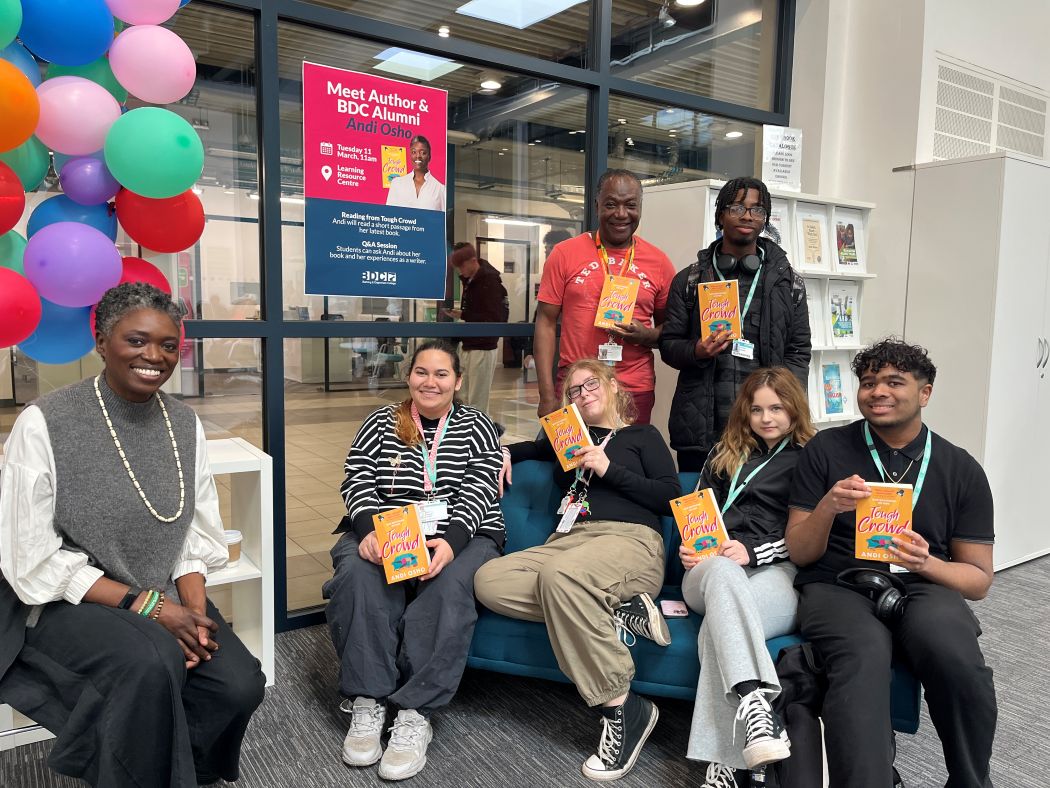
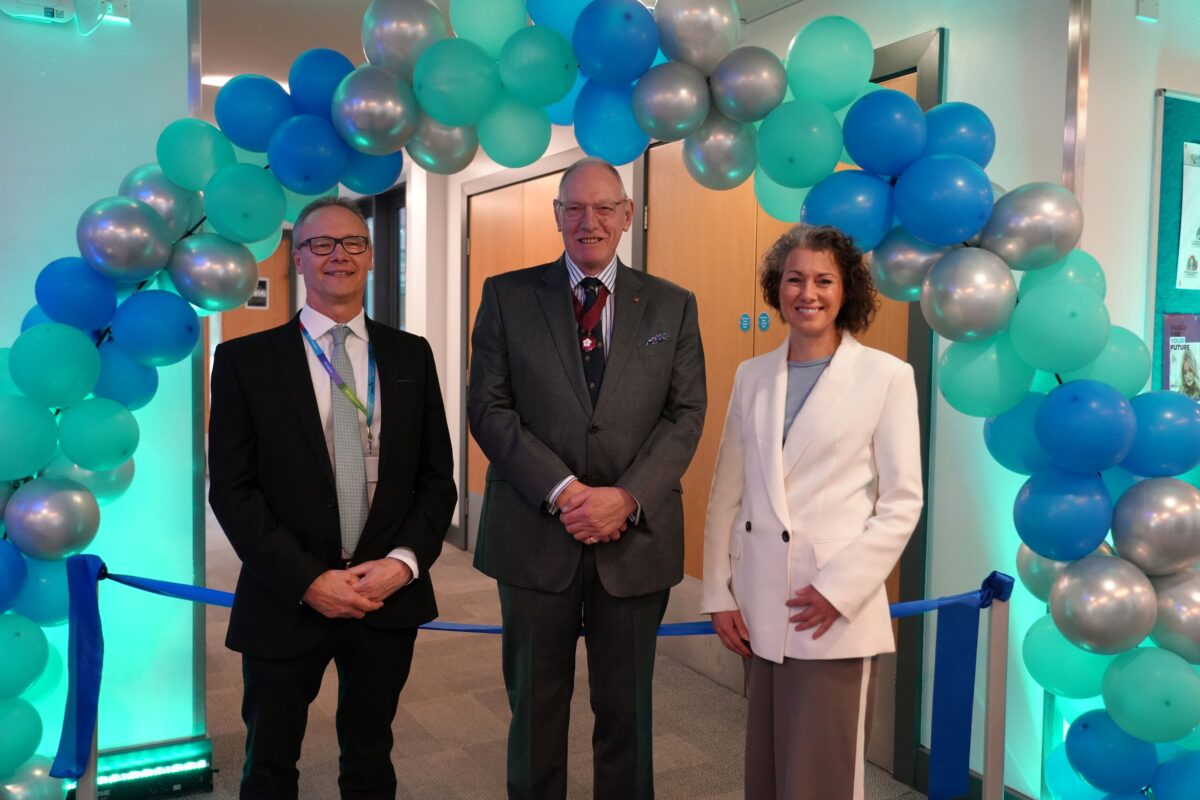
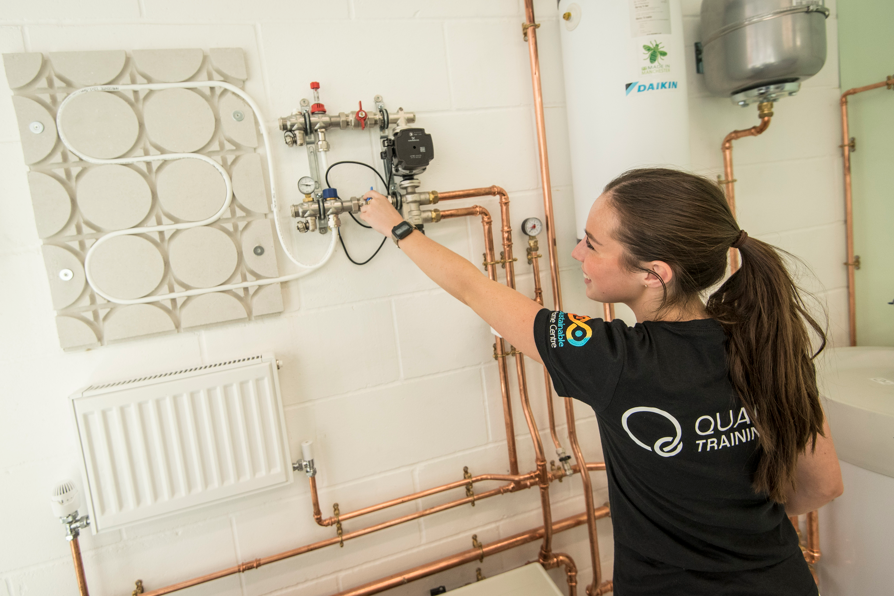


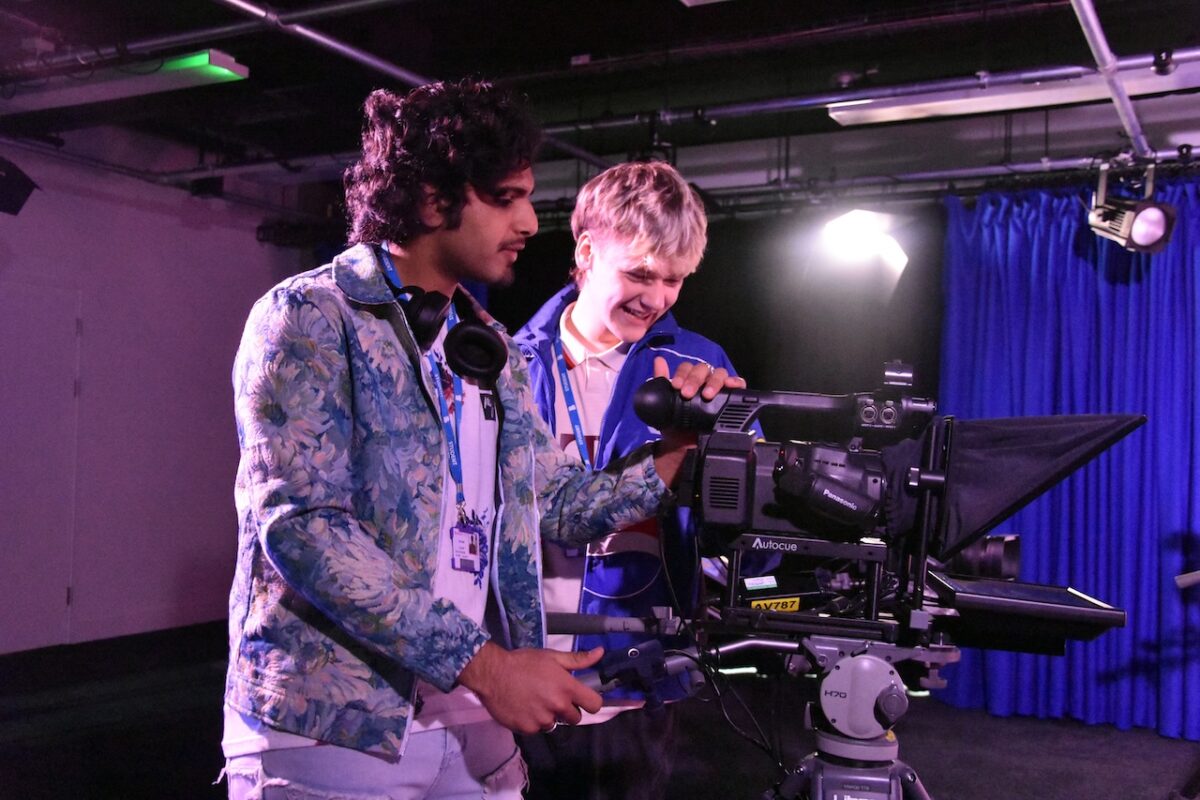
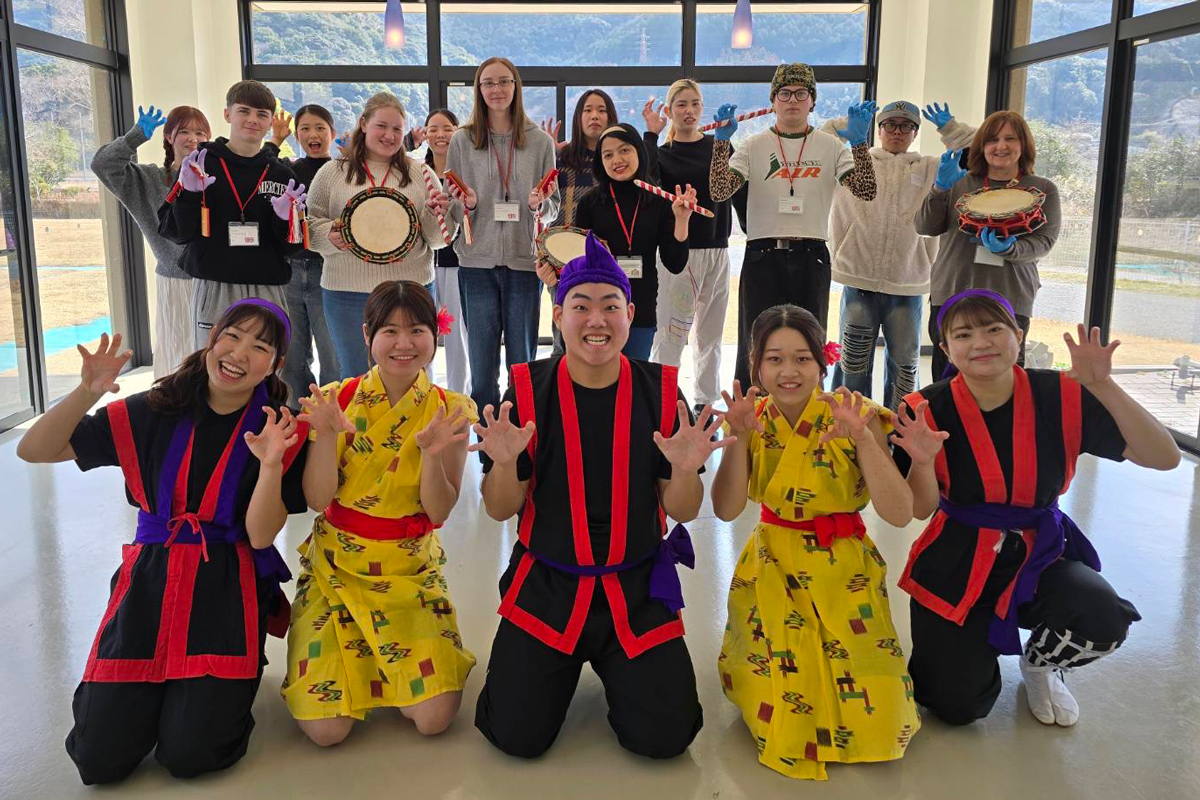
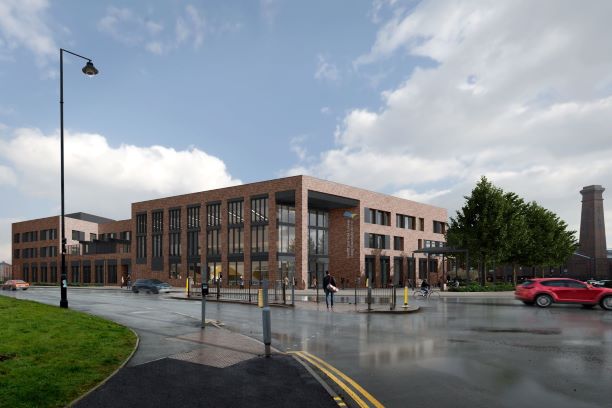
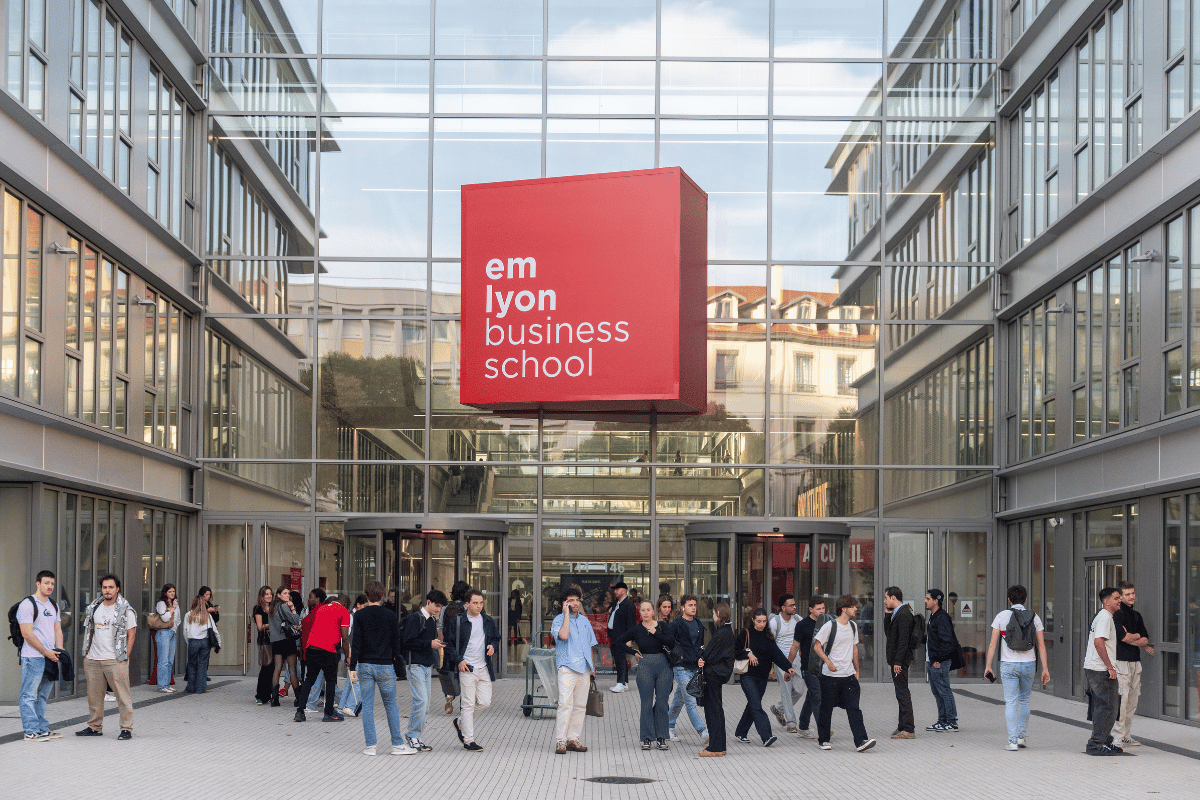

Responses